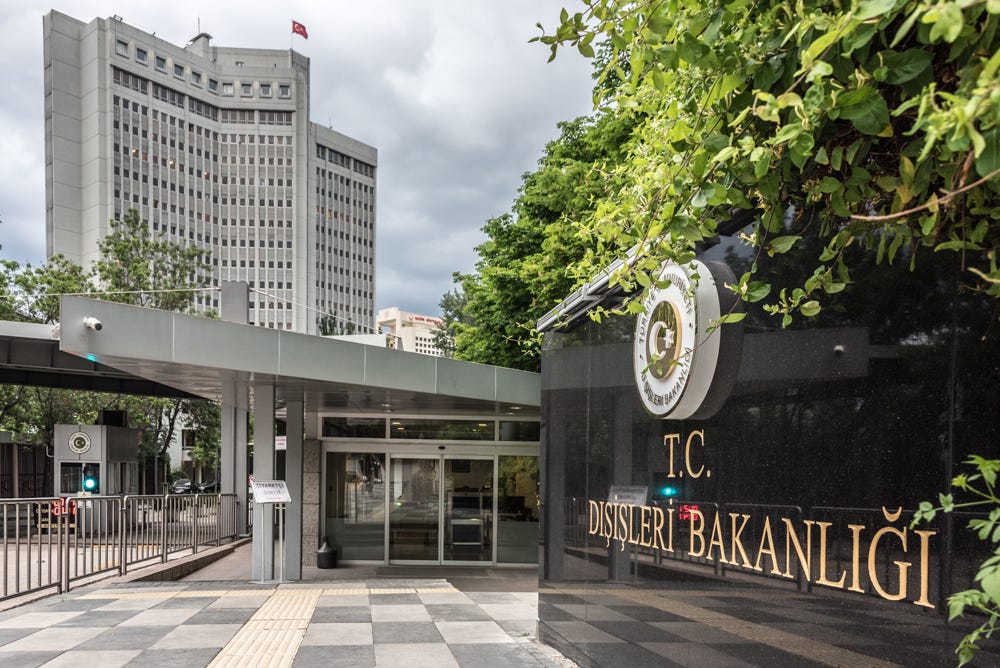With less than 40 days to go, readers of this newsletter very well know Turkey’s 2023 elections will be among the nation’s most consequential in modern history. What none of us know is how exactly the outcome will impact Turkish foreign policy in the months to come.
To get a…



